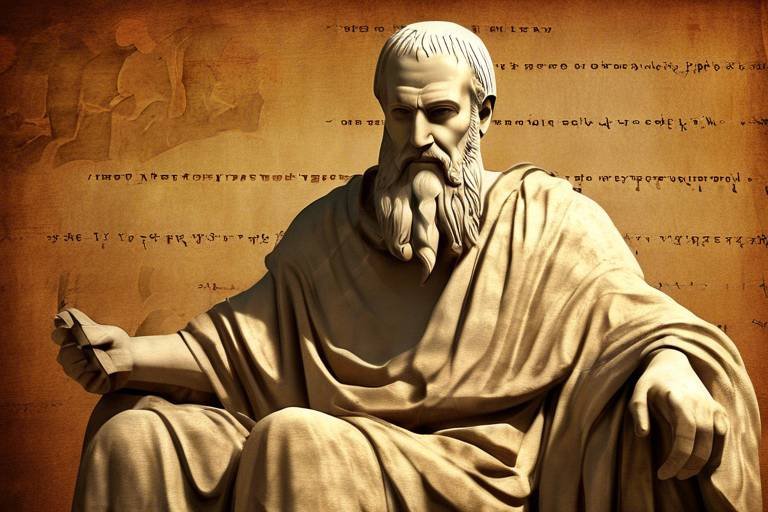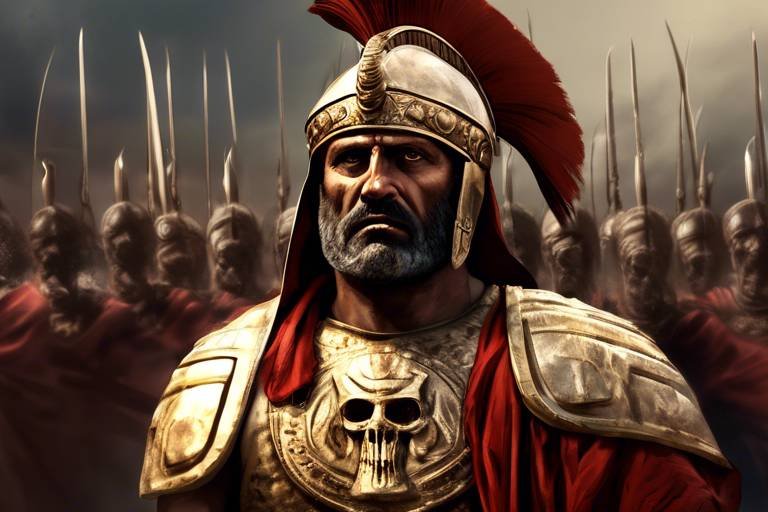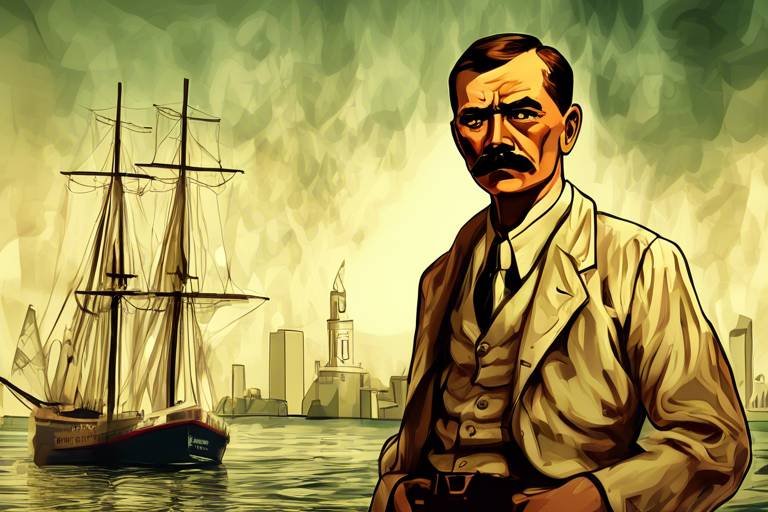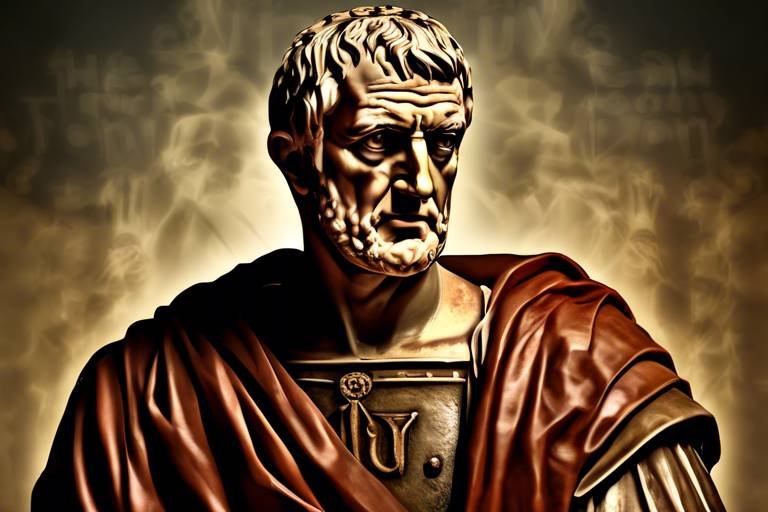Mahatma Gandhi: The Apostle of Nonviolence
Mahatma Gandhi, known as the Apostle of Nonviolence, was a pivotal figure in India's independence movement. His steadfast advocacy of nonviolent resistance and civil disobedience left an indelible mark on the world stage, inspiring countless individuals and movements to strive for justice through peaceful means.
Born in 1869 in Porbandar, India, Gandhi's early life was marked by a deep sense of compassion and a quest for truth. His education in law and experiences in South Africa, where he faced discrimination based on his skin color, ignited his passion for social justice and equality.
Central to Gandhi's philosophy was the concept of Satyagraha, the force of truth. This principle guided his nonviolent protest movements against British colonial rule, emphasizing the power of passive resistance and moral courage in the face of oppression.
One of Gandhi's most iconic acts of defiance was the Salt March in 1930, where he led thousands on a 240-mile journey to protest the British salt monopoly. This act of civil disobedience captured the world's attention and highlighted the effectiveness of nonviolent resistance in achieving political change.
Beyond his fight for independence, Gandhi was a champion of equality and social justice. He tirelessly worked to eradicate caste discrimination, uplift the marginalized, and promote communal harmony, embodying the principles of compassion and inclusivity.
Despite facing numerous challenges and setbacks, Gandhi's legacy endures as a symbol of peaceful resistance and moral leadership. His teachings on nonviolence, tolerance, and the pursuit of truth continue to resonate with individuals and movements striving for a more just and compassionate world.
Tragically, Gandhi was assassinated in 1948 by a radical nationalist, leaving a void in India's political landscape. However, his death only served to amplify his message of peace and unity, inspiring generations to carry forward his vision of a harmonious and equitable society.
In today's turbulent world, Gandhi's teachings remain as relevant as ever. His emphasis on dialogue, understanding, and empathy offers a roadmap for addressing conflicts and promoting social change in a peaceful and sustainable manner.
As we reflect on Gandhi's life and principles, we are reminded of the enduring power of nonviolence and the transformative potential of compassion. Let us draw inspiration from his legacy to build a more peaceful, just, and inclusive future for all.

Early Life and Education
Exploring the life, philosophy, and impact of Mahatma Gandhi, a key figure in India's independence movement known for his advocacy of nonviolent resistance and civil disobedience.
Discover Gandhi's upbringing, education, and early influences that shaped his beliefs in nonviolence and civil rights activism.
Mahatma Gandhi, born Mohandas Karamchand Gandhi on October 2, 1869, in Porbandar, India, was raised in a traditional Hindu family. His upbringing was deeply influenced by his mother's religious devotion and his father's principles of honesty and integrity. Gandhi's early education in law in London exposed him to Western philosophies and ideologies, sparking his interest in social justice and equality.
During his time in South Africa, where he practiced law, Gandhi experienced racial discrimination firsthand, leading him to actively engage in the fight against injustice. These early experiences laid the foundation for his later commitment to nonviolent resistance and civil disobedience as powerful tools for social change.
One of the pivotal moments in Gandhi's life was his encounter with the concept of Satyagraha, or the force of truth, which became the cornerstone of his philosophy. Through Satyagraha, Gandhi advocated for passive resistance and noncooperation as a means to confront oppression and injustice, emphasizing the power of moral courage and self-suffering in the pursuit of truth and justice.
As Gandhi returned to India in 1915, he brought with him the principles of nonviolence and civil disobedience that would define his role in the country's struggle for independence. His leadership in movements such as the Salt March and various campaigns of civil disobedience inspired millions to join the fight against British colonial rule, showcasing the transformative potential of nonviolent protest in achieving political change.
Understand Gandhi's commitment to social reform, equality, and justice for marginalized communities, including his work against caste discrimination.
Examine Gandhi's enduring legacy as a symbol of peaceful resistance and his influence on civil rights movements worldwide.
Reflect on the tragic assassination of Mahatma Gandhi and the impact of his death on India's political landscape and the world.
Consider the relevance of Gandhi's teachings on nonviolence, tolerance, and social change in today's global context and ongoing struggles for justice.
Draw lessons from Gandhi's life and principles to inspire a more peaceful, just, and compassionate world for future generations.
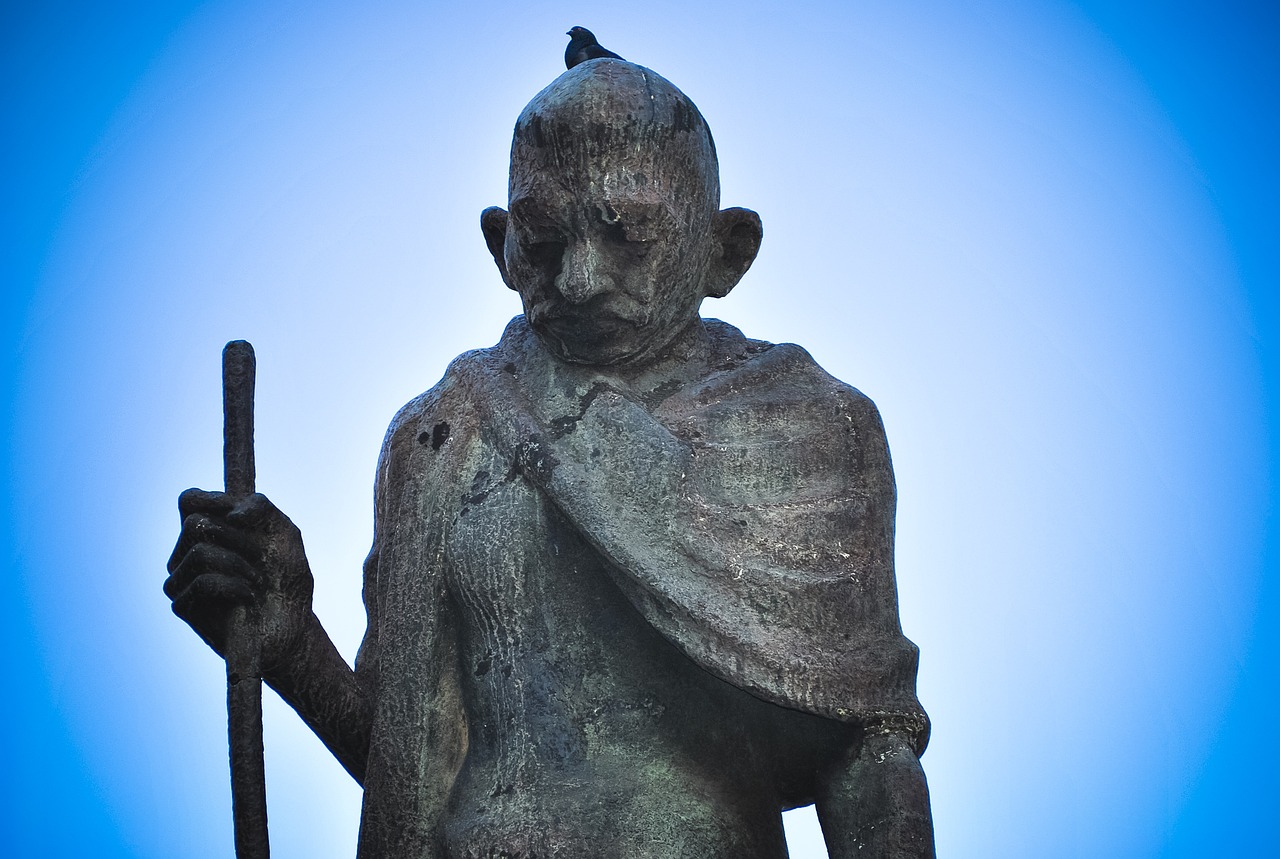
Satyagraha: The Power of Nonviolent Resistance
Satyagraha, a term coined by Mahatma Gandhi, embodies the power of nonviolent resistance in the face of oppression and injustice. It is not merely passive resistance but a proactive force that relies on the strength of truth and moral courage. Gandhi believed that through Satyagraha, individuals could confront tyranny and injustice without resorting to violence, thereby challenging the oppressor's conscience and fostering lasting change.
Central to Satyagraha is the idea that individuals have the power to resist injustice through noncooperation and civil disobedience, thereby exposing the moral bankruptcy of oppressive systems. Gandhi's concept of nonviolent resistance was a radical departure from conventional forms of protest, emphasizing the transformative potential of love and compassion in the pursuit of justice.
Through Satyagraha, Gandhi led numerous movements against British colonial rule, including boycotts, strikes, and peaceful demonstrations. One of the most iconic examples of Satyagraha was the Salt March in 1930, where Gandhi and his followers marched over 240 miles to the Arabian Sea to protest the British monopoly on salt production. This act of civil disobedience galvanized the Indian independence movement and inspired similar acts of resistance around the world.
At the core of Satyagraha is the belief that individuals possess the inherent capacity for self-sacrifice and moral courage, which can be harnessed to confront injustice and oppression. By appealing to the conscience of the oppressor and refusing to perpetuate violence, Satyagrahis seek to create a more just and equitable society based on principles of truth and nonviolence.

Salt March and Civil Disobedience
The Salt March, also known as the Salt Satyagraha, was a pivotal event in India's independence movement led by Mahatma Gandhi. In 1930, Gandhi embarked on a 240-mile journey from Sabarmati Ashram to the coastal town of Dandi to protest the British monopoly on salt production. This act of civil disobedience was a powerful symbol of resistance against colonial oppression and economic exploitation.
During the Salt March, Gandhi and his followers peacefully defied the salt laws by producing salt from the seawater, breaking the British salt tax. This act of defiance not only challenged the unjust colonial rule but also inspired millions of Indians to join the nonviolent struggle for freedom and self-governance.
The Salt March captured the imagination of the world and garnered widespread support for the Indian independence movement. It demonstrated the effectiveness of nonviolent resistance as a potent force for social and political change. Gandhi's commitment to nonviolence and civil disobedience during the Salt March set a powerful example for future generations of activists and freedom fighters.
Through the Salt March, Gandhi emphasized the principles of self-reliance, self-discipline, and noncooperation with unjust laws. The campaign not only targeted the salt tax but also symbolized the larger struggle for freedom, dignity, and justice. The Salt Satyagraha marked a turning point in India's fight for independence and showcased the transformative power of nonviolent protest in achieving social and political goals.

Champion of Equality and Social Justice
Mahatma Gandhi, often referred to as the "Father of the Nation" in India, was not only a pioneer in the fight for independence but also a staunch champion of equality and social justice. His unwavering commitment to social reform and advocacy for the rights of marginalized communities set him apart as a true leader of the people. Gandhi dedicated his life to breaking down barriers of discrimination and oppression, striving to create a more just and equitable society for all.
One of Gandhi's most significant contributions to the quest for equality was his relentless campaign against the deeply entrenched system of caste discrimination in India. He vehemently opposed the oppressive caste hierarchy that dehumanized millions of individuals and perpetuated social inequality. Through his actions and teachings, Gandhi sought to dismantle the barriers that divided society along caste lines, advocating for unity, respect, and dignity for all individuals regardless of their background.
Gandhi's advocacy for social justice extended beyond the borders of India, resonating with oppressed communities worldwide. His message of nonviolence and equality inspired civil rights movements in various parts of the globe, igniting a spark of hope and empowerment among those fighting against injustice and discrimination. Gandhi's unwavering belief in the power of peaceful resistance as a means to bring about social change continues to serve as a guiding light for activists and advocates striving for a fairer and more inclusive world.
Throughout his life, Gandhi exemplified the principles of compassion, empathy, and solidarity in his pursuit of equality and social justice. His emphasis on the inherent worth and dignity of every individual, regardless of their background or circumstances, remains a timeless reminder of the importance of treating all human beings with respect and fairness. Gandhi's legacy as a champion of equality and social justice serves as a beacon of hope and inspiration for generations to come, reminding us of the transformative power of compassion and empathy in creating a more harmonious and equitable society.

Legacy and Global Influence
Exploring the life, philosophy, and impact of Mahatma Gandhi, a key figure in India's independence movement known for his advocacy of nonviolent resistance and civil disobedience.
Mahatma Gandhi's legacy extends far beyond the borders of India, resonating with people around the world as a symbol of peaceful resistance and social change. His philosophy of nonviolence has inspired countless individuals and movements seeking justice and equality.
Through his actions and teachings, Gandhi demonstrated the power of peaceful protest and civil disobedience in the face of oppression. His unwavering commitment to truth and justice continues to serve as a guiding light for those fighting against injustice and inequality globally.
Gandhi's influence can be seen in various civil rights movements and struggles for freedom across different countries and cultures. His emphasis on compassion and tolerance has left a lasting impact on the quest for peace and harmony in a world often marred by conflict and division.
As we reflect on Gandhi's life and teachings, we are reminded of the transformative power of nonviolent resistance and the potential for positive change that lies within each individual. His legacy serves as a reminder that even in the face of adversity, peaceful means can lead to profound transformation and lasting impact.

Gandhi's Assassination and Aftermath
Following his years of advocating for peace and leading India towards independence, Mahatma Gandhi faced a tragic end on January 30, 1948. The assassination of Gandhi sent shockwaves not only through India but reverberated across the globe. The man who preached nonviolence and stood as a beacon of hope was struck down by an act of senseless violence.
Gandhi's death left a profound impact on the political landscape of India. The nation mourned the loss of its beloved leader, and his assassination led to a period of intense grief and reflection. The void left by Gandhi's absence was immense, and many feared that his death would plunge the country into chaos.
However, amidst the sorrow and uncertainty, Gandhi's principles of nonviolence and civil disobedience continued to resonate. His teachings served as a guiding light for the Indian people, inspiring them to uphold his legacy and strive for peace and unity.
The aftermath of Gandhi's assassination also sparked a renewed commitment to his ideals. Leaders and activists around the world took up the mantle of nonviolent resistance, drawing strength from Gandhi's unwavering dedication to justice and equality.
Even in death, Gandhi's message endured, reminding humanity of the power of peaceful protest and the importance of standing up against injustice. His assassination may have silenced his voice, but it only served to amplify his message of love and compassion.

Gandhi's Teachings in the Modern World
Gandhi's teachings continue to resonate in the modern world, offering valuable insights into nonviolent resistance, tolerance, and social change. His philosophy of ahimsa, or nonviolence, remains a powerful tool in addressing conflicts and promoting peace in today's society. By advocating for peaceful means of protest and conflict resolution, Gandhi's teachings inspire individuals and movements around the globe to pursue justice without resorting to violence.
Moreover, Gandhi's emphasis on self-discipline and self-reliance serves as a timeless reminder of the importance of personal responsibility and ethical conduct in creating a better world. His belief in the power of selfless service and community engagement encourages individuals to actively participate in social causes and contribute to the welfare of others.
In a world marked by division and discord, Gandhi's teachings on unity and compassion offer a path towards building bridges and fostering understanding among diverse communities. His unwavering commitment to egalitarianism and social justice inspires individuals to stand up against injustice and inequality, promoting a more inclusive and equitable society for all.
Furthermore, Gandhi's advocacy for sustainability and environmental stewardship reflects a deep awareness of the interconnectedness of all living beings and the need to protect our planet for future generations. By promoting simplicity and harmony with nature, Gandhi's teachings urge us to live in harmony with the Earth and strive for a more sustainable and environmentally conscious way of life.
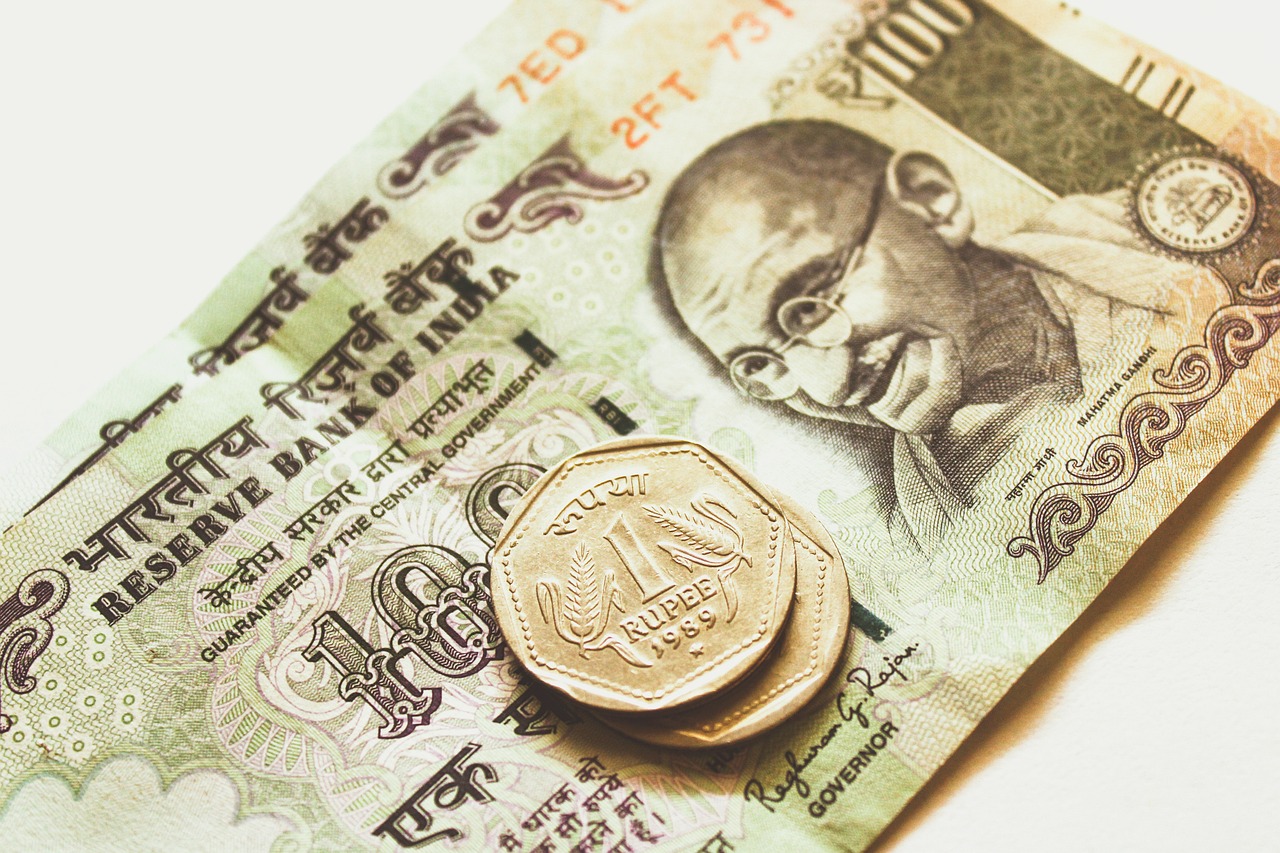
Lessons from Gandhi for a Peaceful Future
Exploring the life, philosophy, and impact of Mahatma Gandhi, a key figure in India's independence movement known for his advocacy of nonviolent resistance and civil disobedience.
As we reflect on the life and teachings of Mahatma Gandhi, we are reminded of the enduring principles of peace, justice, and compassion that he championed. Gandhi's approach to conflict resolution through nonviolent means serves as a timeless lesson for building a more harmonious and equitable world.
One of the core tenets of Gandhi's philosophy was the belief that peaceful resistance could bring about profound social change. His commitment to nonviolence as a powerful force for transformation continues to inspire movements for social justice and equality worldwide.
Gandhi's emphasis on tolerance and compassion towards all individuals, regardless of their background or beliefs, offers a roadmap for fostering harmony and understanding in a diverse and interconnected world.
Moreover, Gandhi's unwavering dedication to truth and moral integrity serves as a guiding light for those seeking to navigate complex ethical dilemmas and uphold principles of honesty and integrity in their actions.
By embracing Gandhi's teachings on peaceful resistance, tolerance, and social change, we can pave the way for a future built on cooperation, empathy, and mutual respect, ensuring a more peaceful and just world for generations to come.
Q: What was Gandhi's role in India's independence movement?
A: Mahatma Gandhi played a pivotal role in leading India towards independence from British colonial rule through nonviolent resistance and civil disobedience.
Q: How did Gandhi's principles influence other civil rights movements?
A: Gandhi's advocacy of nonviolence and social justice inspired leaders of various civil rights movements globally, including Martin Luther King Jr. in the United States.
Q: What was the significance of Gandhi's Salt March?
A: The Salt March was a symbolic protest against the British salt monopoly, showcasing the power of nonviolent resistance and civil disobedience in the fight for independence.
Q: How did Gandhi's assassination impact the world?
A: Gandhi's assassination shocked the world and had profound implications for India's political landscape, leading to widespread mourning and reflection on his legacy of peace and nonviolence.
Frequently Asked Questions
- What were Mahatma Gandhi's key principles?
Mahatma Gandhi was known for his advocacy of nonviolent resistance, civil disobedience, and the concept of Satyagraha, which means the force of truth. He believed in the power of peaceful protest and passive resistance as tools for social and political change.
- How did Gandhi contribute to India's independence movement?
Gandhi played a pivotal role in India's independence movement through his leadership in various campaigns, including the Salt March and civil disobedience movements. His efforts inspired millions of Indians to join the fight for freedom from British colonial rule.
- What is Gandhi's legacy and global influence?
Gandhi's legacy extends beyond India as a symbol of peaceful resistance and civil rights activism. His influence can be seen in movements for social justice and equality worldwide, inspiring individuals and communities to strive for positive change through nonviolent means.





